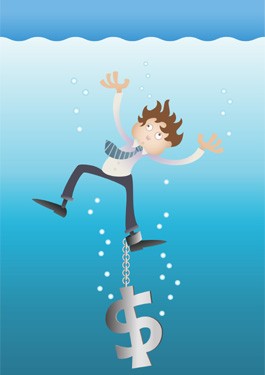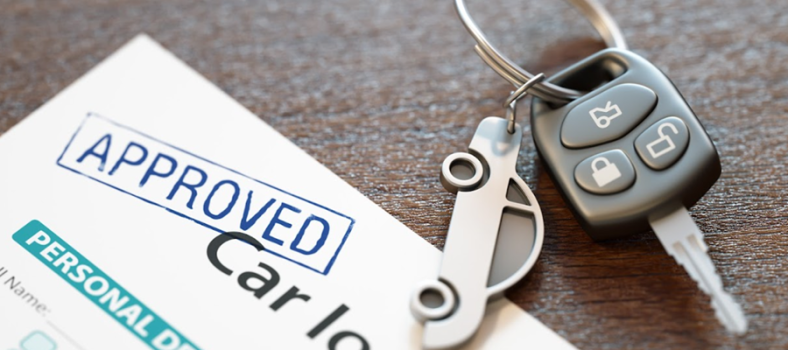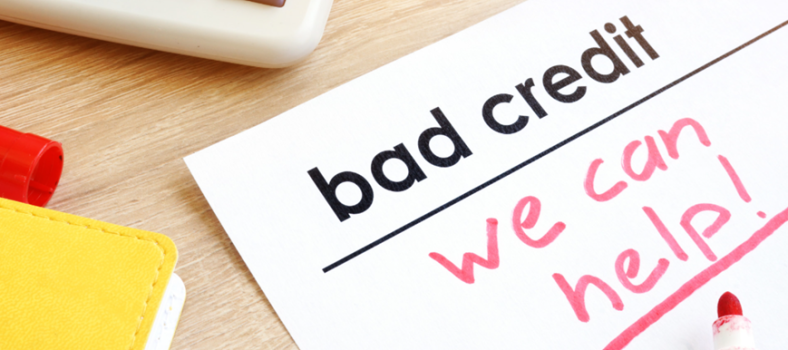8 Best Ways to Avoid Drowning in Credit Card Debt
Anyone who has a credit card, risks carrying too much credit card debt. You don’t want to get overwhelmed with credit card debt because it can be extremely difficult to repay. So, as you use your credit cards, keep these tips in mind to avoid drowning in debt.
1. Know the signs of credit card debt
Firstly, Regardless of income, those who own and use their credit card are most likely to have credit card debt. The problem that occurs with some people, is the unknowing of this debt and this can often lead to serious financial positioning and struggle. Signs of credit card debt can include; collectors calling regularly, the need for multiple credit cards, regularly missed payments, over using of credit cards to pay for everything, not knowing the amount of debt you are situated in and the default rate begins to start. By knowing these signs of credit card debt, you can avoid facing debt all together.
2. Understand your credit card terms
Before initially choosing a credit card, it is imperative to read about the terms and conditions. Reading the fine print about the fees and charges, as well as the services the product provides. Knowledge of your rights and obligations will ensure that you are protected in the event of any unauthorized transaction and how you can get the maximum benefit from the services offered from your creditor, as well as your obligations to fulfill within your responsibilities as a cardholder.
3. Don’t lend your credit card
There are two main types of people who share credit card accounts. Firstly, adding a person as a joint account. This, of the two types, is the safest way as both parties are liable for the making of the credit card payments. Second to that is adding another person as an authorized user on the credit card. The second person in this case is not legally responsible for making repayments. You can avoid unwanted debt by; setting a maximum balance, setting an “approval” limit for large purchases, strong communication between parties of what has been purchased, checking the balance before charging, appointing a bill payer and understanding the other parties spending habits. It is best to make decisions about using the credit car before purchases. By putting ground rules in writing will make things clearer in the agreements and arrangements for both users of the card and something to refer back to at a time of question or doubt.
4. Avoid cash advances
By taking out cash advances on a credit card, you are then charged a cash advanced fee that are typically set in the range form 2% to 4% of the amount drawn. People who take out cash advances are more likely to default on their credit card than people who do not – this being part of the reason the interest rates are higher. If you find you are making cash advanced to pay for daily items regularly, you may need to seek financial counseling as it could indicate a larger problem. One must remember; if you do not have enough money to pay your bills and essential items, how will you have enough money to pay your credit card bill
5. Pay your balance in full each month – The Golden Rule
Credit cards often give people a false sense of financial confidence, and it is important to remember not to be tricked by this illusion. For those people, a credit card can be a great option, as long as they follow what can be considered the golden rule of healthy credit card usage; Pay off the whole balance in full each month. For this to be able, understanding what you’re spending and sticking to a prearranged budget is crucial.
6. Limit your number of credit cards
As a general rule of thumb, the more credit cards you own and actively use, the more challenging it becomes to manage short and long term payments. Without the ability to track your credit cards, including due dates of payments, interest rates, terms and conditions, fees and purchases already made, it is not uncommon to find rapid growing personal debt. If you’re just starting out or rebuilding your credit rating, one card if considered enough and manageable. It is highly suggested that before taking on additional credit responsibilities, the successful self-management of one is vital. Take time to think about your own personal financial situation and your ability to pay and track your credit cards before considering opening additional accounts.
7. Charge only what you can afford
Before making purchases on your credit card, think about how much it is you are able to afford. This will usually depend on your discretionary income, this being, what you have left after taxes and other necessary expenses that must be paid. The main principle of building a good credit history and avoid rising credit debt is charging only what you can afford to pay. Factors people sometimes do forget to consider along with tax and essential purchases include; credit limit – this is mandatory to consider and is advisable to keep the balance below 30% of your limit. An emergency fund – this will keep you from using your credit cards in case of financial emergency, and future loan applications – be prepared for the potential of a second source of debt from loans such as a personal loan and mortgage.
8. Avoid balance transfers
A balance transfer is the process of switching a credit card or load balance to another credit card that often will offer the service of calling up your personal bank and transferring the debt into a 0% interest charged account. Credit card companies that do offer such balance transfers will only make available the 0% interest rate for a limited time only, such as 6 months to a year. However, after this fee free time is up, interest rates are usually bumped up much higher than what you may of originally been paying prior to transferring. Falling into a balance transfer trap can easily cause you to wind up right back to where you started, in terms of you debt. Make sure you do understand all the options available, in order to find the most cost effective choice.
For more information on how to avoid your rising credit card debt, call Get Debt Free on 1800 98 10 70, to speak to an expert today. www.get-debt-free.com.au






No Comment